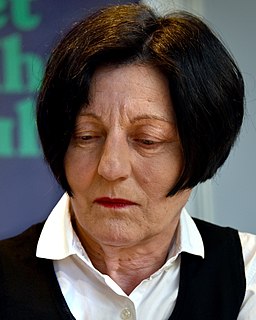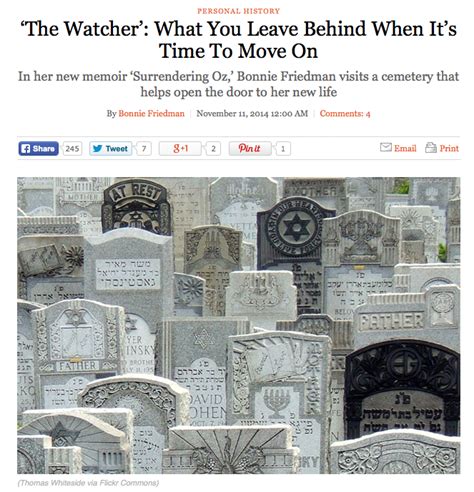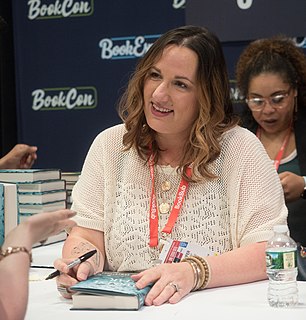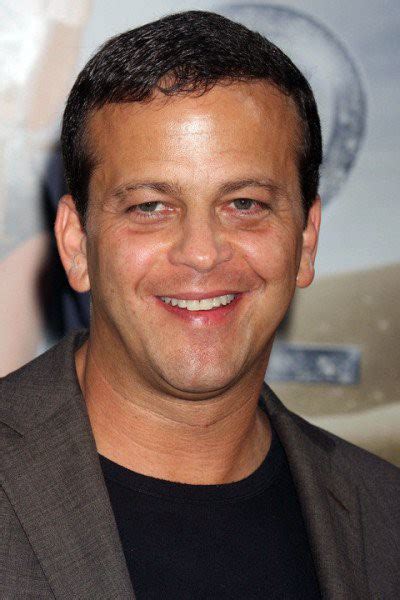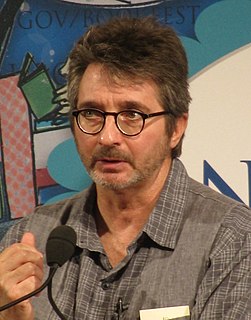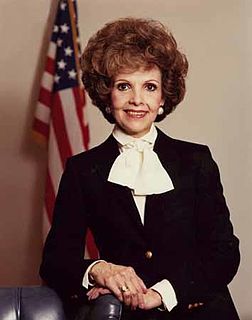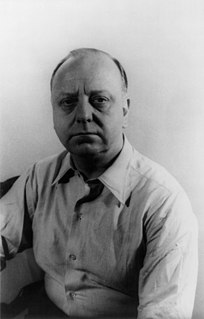Top 1200 Writing Notes Quotes & Sayings - Page 6
Explore popular Writing Notes quotes.
Last updated on December 12, 2024.
It was not a choice of writing or not writing. It was a choice of loving my life or not loving my life. To keep writing was always a first priority.... I worked probably 25 years by myself.... Just writing and working, not trying to publish much. Not giving readings. A longer time than people really are willing to commit before they want to go public.
For the moment, the jazz is playing; there is no melody, just notes, a myriad tiny tremors. The notes know no rest, an inflexibleorder gives birth to them then destroys them, without ever leaving them the chance to recuperate and exist for themselves.... I would like to hole them back, but I know that, if I succeeded in stooping one, there would only remain in may hand a corrupt and languishing sound. I must accept their death; I must even want that death: I know of few more bitter or intense impressions.
Writing is linear and sequential; Sentence B must follow Sentence A, and Sentence C must follow Sentence B, and eventually you get to Sentence Z. The hard part of writing isn't the writing; it's the thinking. You can solve most of your writing problems if you stop after every sentence and ask: What does the reader need to know next?
All I really know in nonfiction is that when I come home, I've got all these notes and I'm trying to figure out what actually happened to me. I usually kind of know what happened, but as you work through the notes, you find that certain scenes write well and some don't even though they should. Those make a constellation of meaning that weirdly ends up telling you what you just went through. It's a slightly different process, but still there's mystery because when you're bearing down on the scenes, sometimes you find out they mean something different than what you thought.
Writing is writing to me. I'm incapable of saying no to any writing job, so I've done everything - historical fiction, myths, fairy tales, anything that anybody expresses any interest in me writing, I'll write. It's the same reason I used to read as a child: I like going somewhere else and being someone else.
I hate writing. I so intensely hate writing - I cannot tell you how much. The moment I am at the end of one project I have the idea that I didn't really succeed in telling what I wanted to tell, that I need a new project - it's an absolute nightmare. But my whole economy of writing is in fact based on an obsessional ritual to avoid the actual act of writing.
Film writing and concert writing are two very different things. In film writing I am serving the film and it tells you what to write. I have to stay within the parameters of the film. In writing concert music for the stage I can write anything I want and in this day and modern age rules can be broken.
If the Treasury were to fill old bottles with bank-notes, bury them at suitable depths in disused coal-mines which are then filled up to the surface with town rubbish, and leave it to private enterprise on well-tried principles of laissez-faire to dig the notes up again (the right to do so being obtained, of course, by tendering for leases of the note-bearing territory), there need be no more unemployment and, with the help of repercussions, the real income of the community, and its capital wealth, would probably become a good deal greater than it actually is.
My own personal task is not simply that of poet and writer (still less commentator, pseudo-prophet); it is basically to praise God out of an inner center of silence, gratitude, and 'awareness.' This can be realized in a life that apparently accomplishes nothing. Without centering on accomplishment or nonaccomplishment, my task is simply the breathing of this gratitude from day to day, in simplicity, and for the rest turning my hand to whatever comes, work being part of praise, whether splitting logs or writing poems, or best of all simple notes.
The process of writing fiction is totally unconscious. It comes from what you are learning, as you live, from within. For me, all writing is a process of discovery. We are looking for the meaning of life. No matter where you are, there are conflicts and dramas everywhere. It is the process of what it means to be a human being; how you react and are reacted upon, these inward and outer pressures. If you are writing with a direct cause in mind, you are writing propaganda. It's fatal for a fiction writer.
I was in the fantasy. I was selling myself on the fantasy as I was doing it. It never occurred to me. I did take notes, but just because I am a writer. I've been a writer since I was five. You don't have any sort of outlandish, shocking, extraordinary, horrifying experience without writing it down, because I know and knew that you forget things. No matter how outrageous and amazing and extraordinary and seemingly unforgettable an experience is, it's kind of like a dream. It will erode inevitably, for me.
I think being an editor really helped me take other people's notes on my writing. I'd get a note like 'It's too wet' or 'The first couple chapters are good, but then the rest of the pages were so wet that they were completely illegible' or 'Did you dip this in Sprite? This smells like Sprite. Why would you dip your novel in Sprite?' And instead of pushing back, I'd listen. That's an incredibly important skill for a young writer to have.
People who write for reward by way of recognition or monetary gain don't know what they're doing. They're in the category of those who write; they are not writers. Writing is simply something you must do. It's rather like virtue in that it is its own reward. Writing is selfish and contradictory in its terms. First of all, you're writing for an audience of one, you must please the one person you're writing for. Yourself.
When you're writing - when I'm writing anyway - I'm writing out of different kinds of preoccupations and obsessions, different forms of drivenness, and so you're really hostage those while writing. I am, anyway. And it's only when you finally take the finished thing out of the furnace that you see what it was that went into the making of the thing.
If I'm writing a novel, I'll probably get up in the morning, do email, perhaps blog, deal with emergencies, and then be off novel-writing around 1.00pm and stop around 6.00pm. And I'll be writing in longhand, a safe distance from my computer. If I'm not writing a novel, there is no schedule, and scripts and introductions and whatnot can find themselves being written at any time and on anything.


